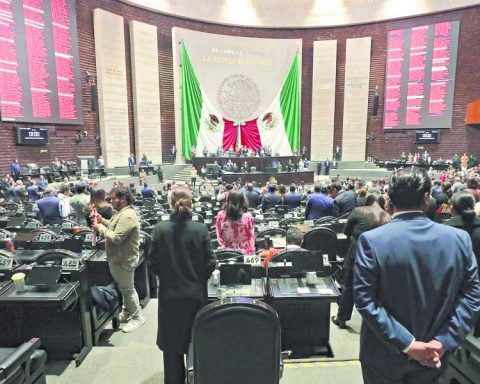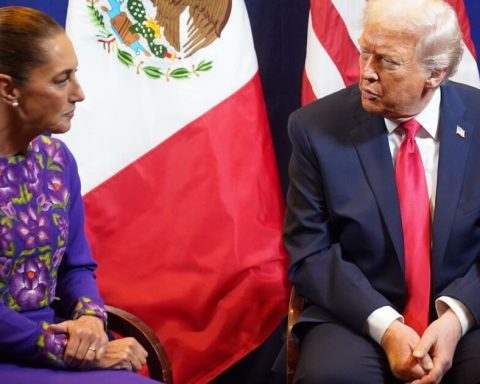Bernardo Batiz V.
AND
he issue of neoliberalism has been the subject of opinions, articles and letters, basically because the President of the Republic mentioned in a morning that it would not be so bad, removing the ingredient of corruption; For my part, I insist that the Fourth Transformation (4T) must emphasize an alternative system. Without a doubt, what the President clarified is very true, without corruption neoliberalism would be more tolerable, but it would not cease to be a matter of debate; around the world, is now in question.
Fortunately, in Mexico we have in the Constitution an alternative project to neoliberalism, a system in whose center is the private company, which is in charge of the production and distribution of the goods necessary for society; in it, the large transnational company becomes a factual power on a global scale, which removes and installs rulers, provokes conflicts and wars, places itself above the laws and has more effective force than many national states.
In our Constitution, in article 25 currently in force, we have been able to preserve the bases of an alternative program that must be applied and perfected.
Before 1983, article 25 referred to the correspondence that circulated under cover through the post offices; This protective provision was transferred to another article, article 25, and since then, beginning with the government of Miguel de la Madrid, it has become the center of what has been called the economic chapter of the Magna Carta.
He suffered, certainly, a serious mutilation, but the substance is still valid; start by defining that The State is responsible for the stewardship of national development to ensure that it is comprehensive and sustainable, that it strengthens the sovereignty of the nation and its democratic regime.
; it also recognizes competitiveness as a mechanism for economic growth and employment and a better distribution of income, freedom and dignity of individuals, groups and social classes.
Later, in its third paragraph, it determines that the State will plan, lead, coordinate and guide the national economic activity and will carry out the regulation and promotion of the activities that the general interest demands.
In the following paragraph, fundamental, from my point of view, it provides verbatim the public sector, the social sector and the private sector will contribute to national economic development with social responsibility
. This quote from the precept of such a high rank defines the subject; In the face of neoliberalism that privileges private enterprise, our Constitution emphasizes social responsibility and highlights that, along with the private sector, the other two, the public sector and the social sector, must be recognized. He also adds that this is very important, since it is a constitutional norm, that the public sector will be exclusively in charge of the strategic areas indicated in article 28.
It is very clear that there is already an alternative project to the system of inequalities and abuses; strategic areas in which the State has exclusive ownership and management are recognized. Originally, electricity and hydrocarbons were included among them, thought by the permanent constituent as essential parts of the national heritage, essential to maintain sovereignty and tools to defend ourselves in the unequal and stark world of globalization, in which, disappears or social sense diminishes and a fierce fight prevails in which the big fish eats the small one.
Unfortunately, in the calls structural reforms
At the beginning of the Peña Nieto government, these two strategic areas ceased to be strategic to become part of the private sector of the economy.
Despite this reform, unpatriotic and contrary to the national interest, the leadership of the State over all economic areas, the three sectors, public, social and private, remained untouched. The effort to recover electricity and oil has been clear, without neglecting the state’s responsibility to maintain stewardship and promote social and public sectors, to balance the exaggerated growth of money power.
There are conflicting opinions about it; the correct thing, in a democratic system, should be to open a broad discussion on the subject and, without resorting to insults and disqualifications, decide: either the social and state areas of the economy are promoted, or the privileges of the private sector are maintained.
The motivation of the first, the private one, of an individualistic nature with the aim of increasing the profit of the company, cannot be ignored.
In the other areas, those that correspond to the State and the social sector, there are motivations of higher ethical value, without losing sight of the need for development and growth, they seek that it be equitable and serve to leave behind the great social differences and seek a better distribution of the wealth that we all produce.
















